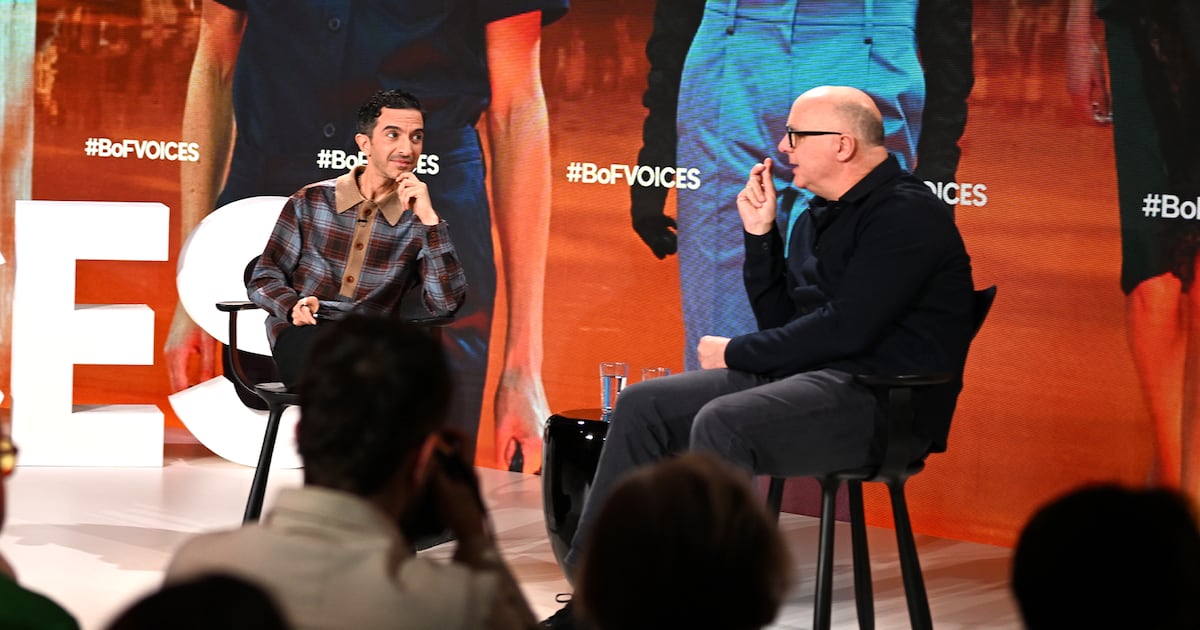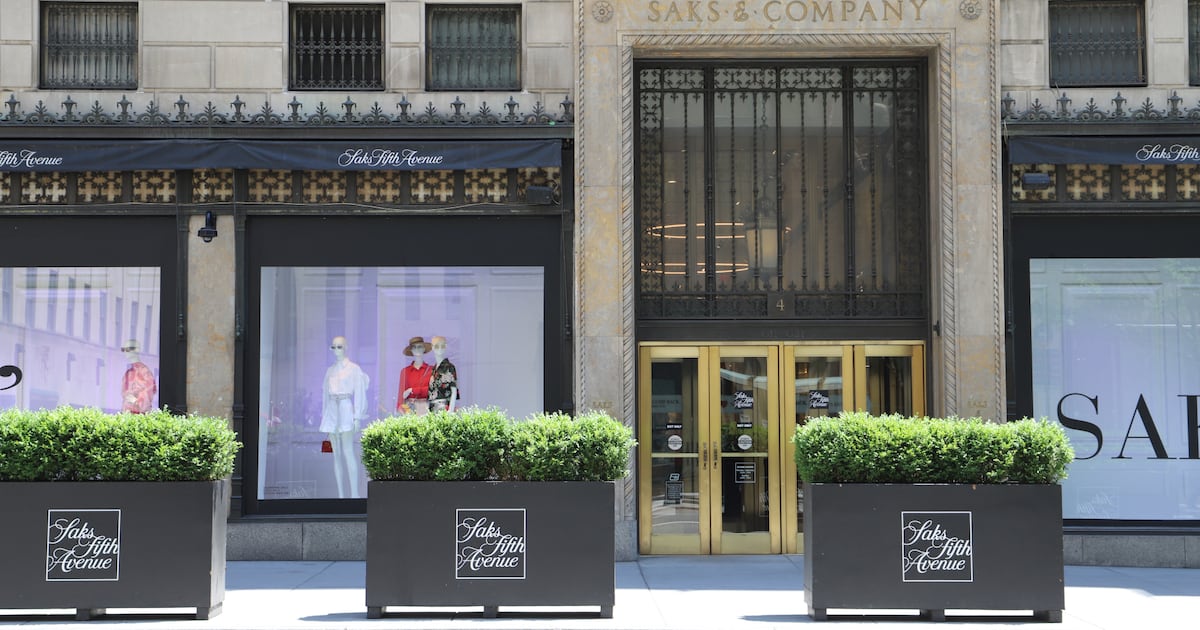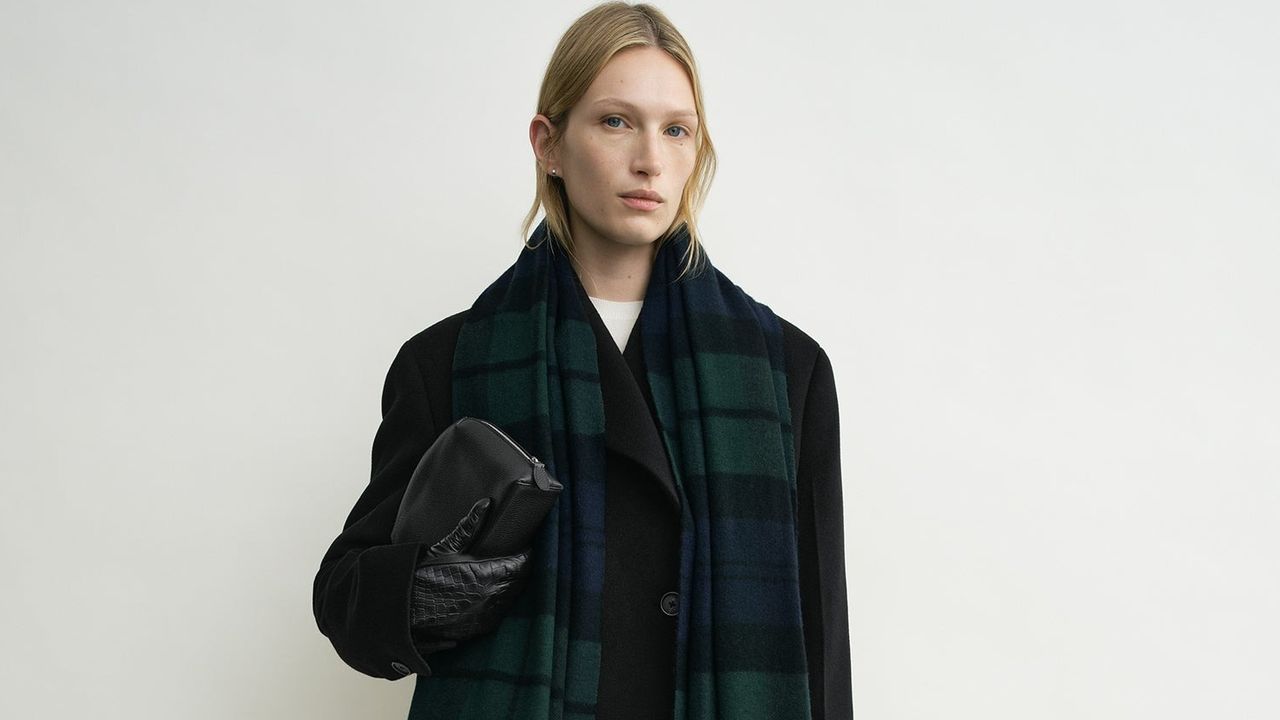By
Reuters
Published
October 17, 2025
For many companies, business in China has changed for the long term as a fragile economy and sluggish consumer demand are forcing executives to rethink their brand strategy and compete with rising home-grown rivals.
From Uniqlo owner Fast Retailing to furniture giant IKEA, global companies have soured on China’s outlook, with some withdrawing earnings guidance and others resigned to a new “normalisation.”
Their gloomy guidance illustrates how China’s market, overshadowed by a trade war, fierce price competition, rising nationalism and cost-conscious consumers, is becoming a major drag for many businesses already pressured by higher US tariffs.
“We need to find smarter ways of producing so the prices become even more competitive, and we need to learn to be even more relevant for the Chinese market,” said Jon Abrahamsson Ring, CEO of IKEA franchisor Inter IKEA, adding that consumer confidence in China remained a challenge.
A shift in spending patterns is also hurting global retailers, with frugal consumers flocking to online platforms such as Alibaba’s Taobao for discounted prices.
At Uniqlo owner Fast Retailing, sales and profit fell in China, its largest market with 900 stores, even as its North America revenue rose 24%.
Nike reported a sales drop for the fifth quarter in the Greater China market, amid stiff competition from domestic brands including Anta and Li Ning. It recently sent US basketball stars LeBron James and Ja Morant to China to lure consumers.
Some firms appear to be holding up, most notably in luxury in China, which accounts for roughly a third of global sales. LVMH reported better-than-expected third-quarter sales underpinned by improved Chinese demand, saying shoppers responded well to new store experiences, like the ship-shaped Louis Vuitton boutique in Shanghai.
“What we see is whenever we are bringing an initiative or an innovation or a new retail disruption initiative, it creates immediately… interest and excitement and consumers respond very quickly,” LVMH CFO Cecile Cabanis said.
China’s persistent deflationary pressures support the case for more policy measures as weak demand and trade tensions drag on the $19 trillion economy. Chinese GDP growth and retail sales data on Monday plus a string of earnings from global companies will provide investors with more insight into the health of the world’s second-largest economy.
Adding to the mounting challenges for global brands is the fast rise of cheaper home-grown alternatives for almost everything from cars to coffee and fashion.
The market share of Chinese cosmetics brands is expected to exceed that of foreign brands for the first time in 2025, reaching 50.4%, according to Frost & Sullivan. Urban Revivo, known as China’s Zara rival, is among a growing cohort of domestic firms looking to expand overseas.
Another star is jewellery retailer Laopu Gold, often called the “Hermes of gold”, whose shares have soared 214% this year. It draws deeply from Chinese cultural heritage and has proven a hit with consumers. Frost & Sullivan says 77.3% of Laopu’s customers also shop at Louis Vuitton, Hermès, Cartier, Bulgari and Tiffany & Co.
© Thomson Reuters 2025 All rights reserved.


